Understanding and Managing Itchy Face Jawline: Causes, Remedies, and Prevention
Discover the potential causes of itchy face jawline, along with effective remedies and preventive measures to alleviate discomfort and promote skin health in this informative article.
Introduction
The sensation of itching along the face and jawline can be bothersome and uncomfortable, often prompting individuals to seek relief and understanding of its underlying causes. In this article, we delve into the various factors contributing to itchy face jawline, effective remedies for relief, and strategies for prevention to maintain optimal skin health.
Exploring the Causes of Itchy Face Jawline
Dry Skin: One common cause of itching along the face and jawline is dry skin. Insufficient moisture levels in the skin can lead to itching, flaking, and irritation, particularly in areas prone to dryness such as the cheeks and jawline.
Contact Dermatitis: Contact dermatitis occurs when the skin comes into contact with irritants or allergens, triggering an inflammatory response. Common culprits include skincare products, cosmetics, detergents, and fabrics that can cause itching, redness, and swelling along the jawline and other facial areas.
Eczema (Atopic Dermatitis): Eczema is a chronic inflammatory skin condition characterized by dry, itchy, and inflamed patches of skin. It can affect various areas of the body, including the face and jawline, and may be exacerbated by factors such as stress, environmental allergens, and harsh skincare products.
Allergic Reactions: Allergic reactions to foods, medications, or environmental allergens can manifest as itching, hives, or rash along the face and jawline. Identifying and avoiding triggers is essential for managing allergic reactions and minimizing symptoms.
Effective Remedies for Itchy Face Jawline Relief
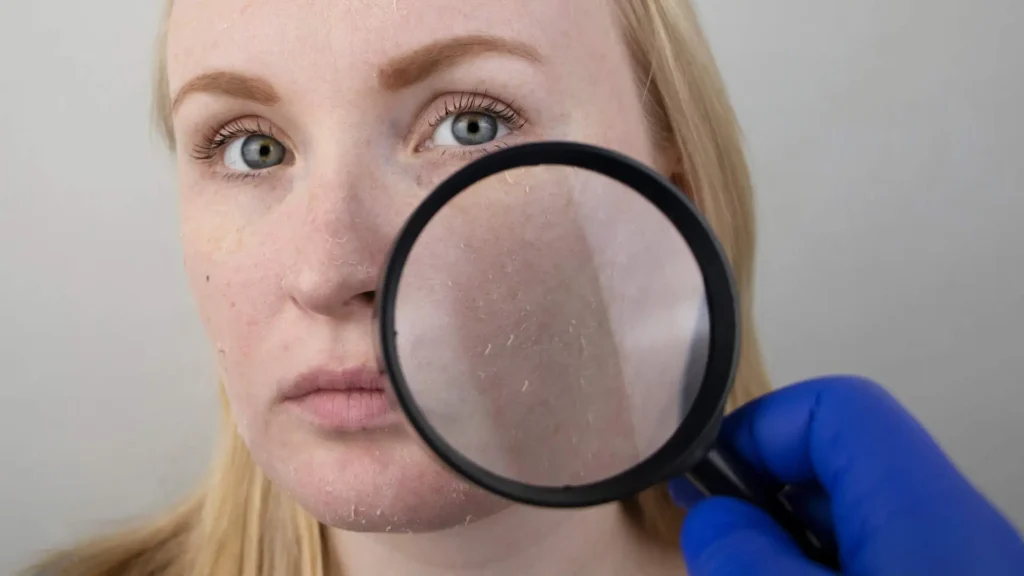
Moisturize Regularly: Keep the skin hydrated and moisturized by using gentle, fragrance-free moisturizers suitable for sensitive skin. Apply moisturizer to the face and jawline after cleansing and as needed throughout the day to alleviate dryness and itching.
Avoid Irritants: Identify and avoid skincare products, cosmetics, and other potential irritants that may trigger itching and irritation along the jawline. Opt for hypoallergenic and fragrance-free formulations to minimize the risk of contact dermatitis.
Topical Treatments: Over-the-counter hydrocortisone cream or anti-itch creams containing ingredients like calamine or menthol can provide temporary relief from itching and inflammation along the face and jawline. Follow the manufacturer’s instructions for safe and effective use.
Cool Compress: Applying a cool compress or ice pack to the itchy areas of the face and jawline can help soothe irritation, reduce inflammation, and provide immediate relief from itching.
Prevention Strategies for Maintaining Skin Health
Patch Testing: Perform patch tests before using new skincare products or cosmetics to identify potential allergens or irritants that may trigger itching or allergic reactions along the jawline. Apply a small amount of the product to a small area of skin and monitor for any adverse reactions.
Gentle Cleansing: Use mild, fragrance-free cleansers to cleanse the face and jawline, avoiding harsh scrubbing or exfoliation that can exacerbate dryness and irritation. Rinse thoroughly with lukewarm water and pat the skin dry with a soft towel.
Protective Measures: Protect the skin from environmental aggressors by wearing sunscreen daily, avoiding prolonged sun exposure, and using protective clothing such as hats or scarves when outdoors. Sunscreen helps prevent sunburn and photoaging, which can contribute to skin dryness and itching.
Seeking Medical Advice

If itching along the face and jawline persists despite home remedies and preventive measures, it is advisable to consult a dermatologist or healthcare professional for further evaluation and management. Persistent itching may be indicative of an underlying skin condition or allergic reaction that requires medical attention and appropriate treatment.
Lifestyle Adjustments for Skin Health
Hydration: Staying hydrated is crucial for maintaining skin moisture and preventing dryness, which can contribute to itching along the face and jawline. Drink plenty of water throughout the day to support skin hydration from within.
Healthy Diet: A balanced diet rich in vitamins, minerals, and antioxidants can promote skin health and reduce inflammation. Include foods high in omega-3 fatty acids, such as fatty fish, nuts, and seeds, to support skin hydration and reduce itching.
Stress Management: Stress can exacerbate skin conditions such as eczema and trigger itching episodes along the face and jawline. Practice stress-reduction techniques such as meditation, deep breathing exercises, or yoga to promote relaxation and alleviate stress-related skin symptoms.
Professional Treatments for Persistent Itching
Prescription Medications: In cases of severe or persistent itching associated with conditions like eczema or dermatitis, dermatologists may prescribe topical or oral medications to alleviate symptoms and manage inflammation. These may include corticosteroids, antihistamines, or immunomodulators to suppress the immune response and reduce itching.
Phototherapy (Light Therapy): Phototherapy involves exposing the skin to ultraviolet (UV) light under controlled conditions to reduce inflammation and itching associated with certain skin conditions. This treatment modality may be recommended for individuals with chronic itching along the face and jawline refractory to conventional therapies.
Addressing Underlying Conditions
Skin Conditions: Underlying skin conditions such as eczema, psoriasis, or seborrheic dermatitis can contribute to itching along the face and jawline. Proper diagnosis and management of these conditions by a dermatologist are essential for effectively addressing itching symptoms and preventing flare-ups.
Allergic Reactions: Identifying and avoiding allergens or irritants that trigger allergic reactions is paramount for managing itching along the face and jawline. Allergy testing may be recommended to pinpoint specific allergens and develop an appropriate avoidance strategy.
Educating Others and Raising Awareness

Community Support: Joining online forums, support groups, or social media communities dedicated to skin health can provide valuable insights, advice, and emotional support for individuals experiencing itching along the face and jawline. Sharing personal experiences and strategies for managing itching can foster a sense of solidarity and empowerment within the community.
Public Education: Increasing public awareness about common skin conditions and their associated symptoms, including itching along the face and jawline, can help reduce stigma and encourage early recognition and intervention. Educational campaigns and resources can empower individuals to seek timely medical advice and treatment for their skin concerns.
Conclusion: Empowering Skin Health and Comfort
In conclusion, managing itching along the face and jawline requires a comprehensive approach that addresses underlying causes, incorporates preventive measures, and seeks appropriate medical care when necessary. By adopting healthy lifestyle habits, accessing professional treatments, and advocating for skin health awareness, individuals can empower themselves to achieve lasting relief and comfort.
Remember, effective management of itching may require patience, persistence, and collaboration with healthcare professionals to identify the most suitable treatment approach for your unique needs. With dedication and support, individuals can nurture healthy, resilient skin and enjoy improved quality of life.

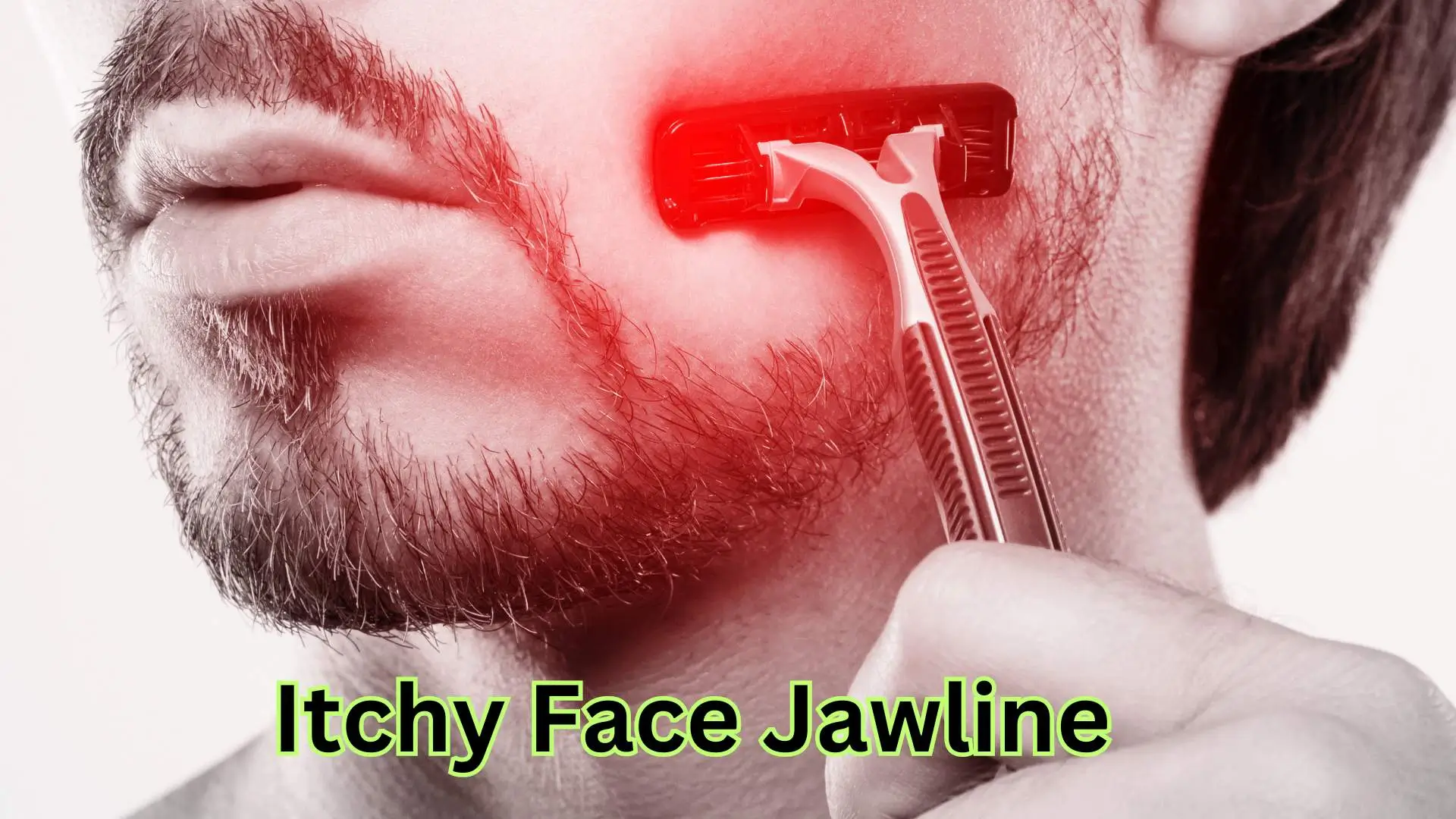
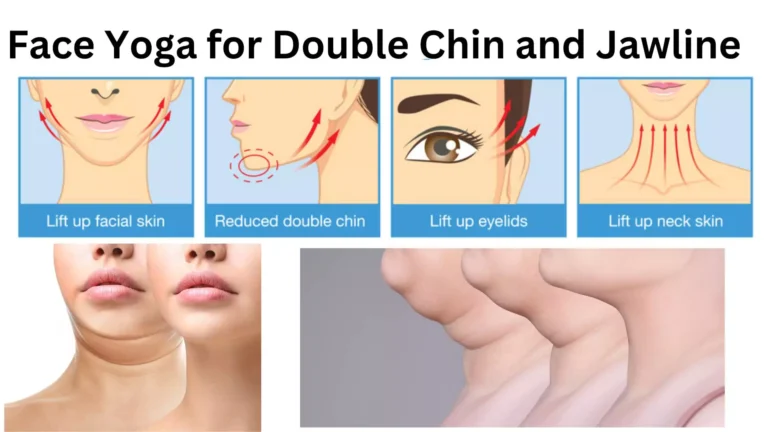
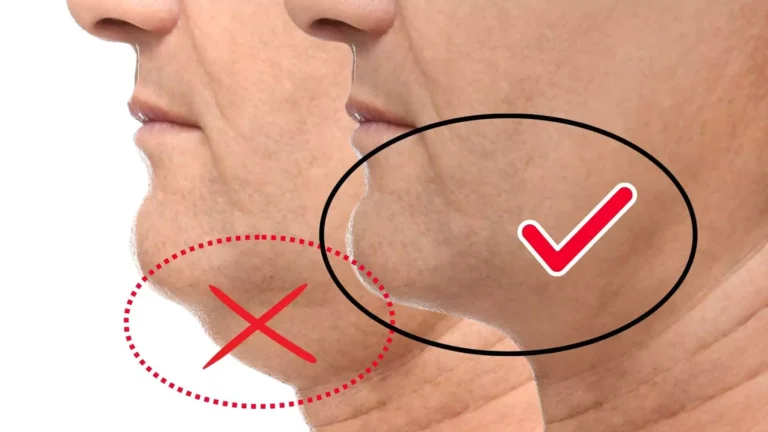
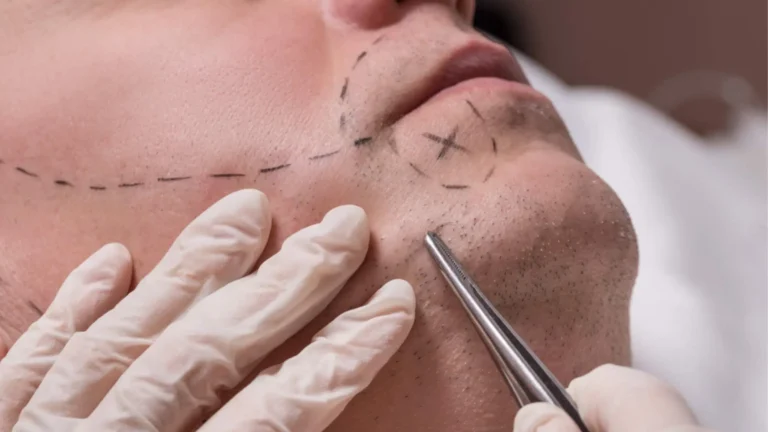

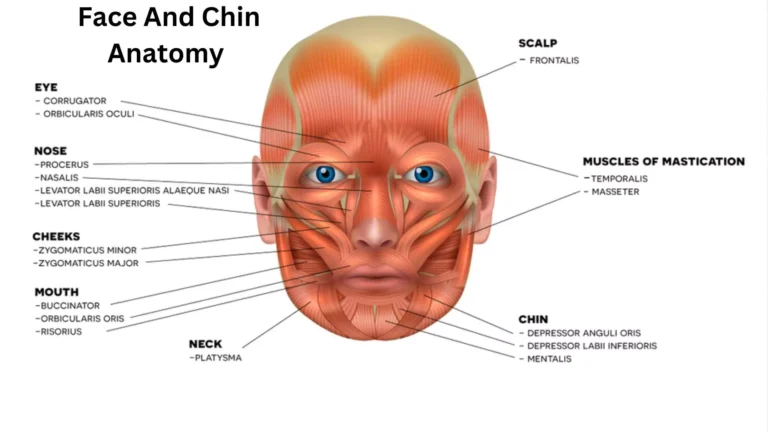
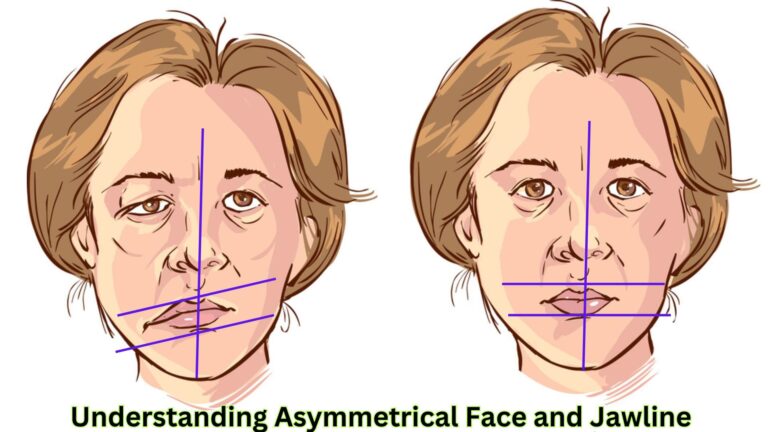
5 Comments